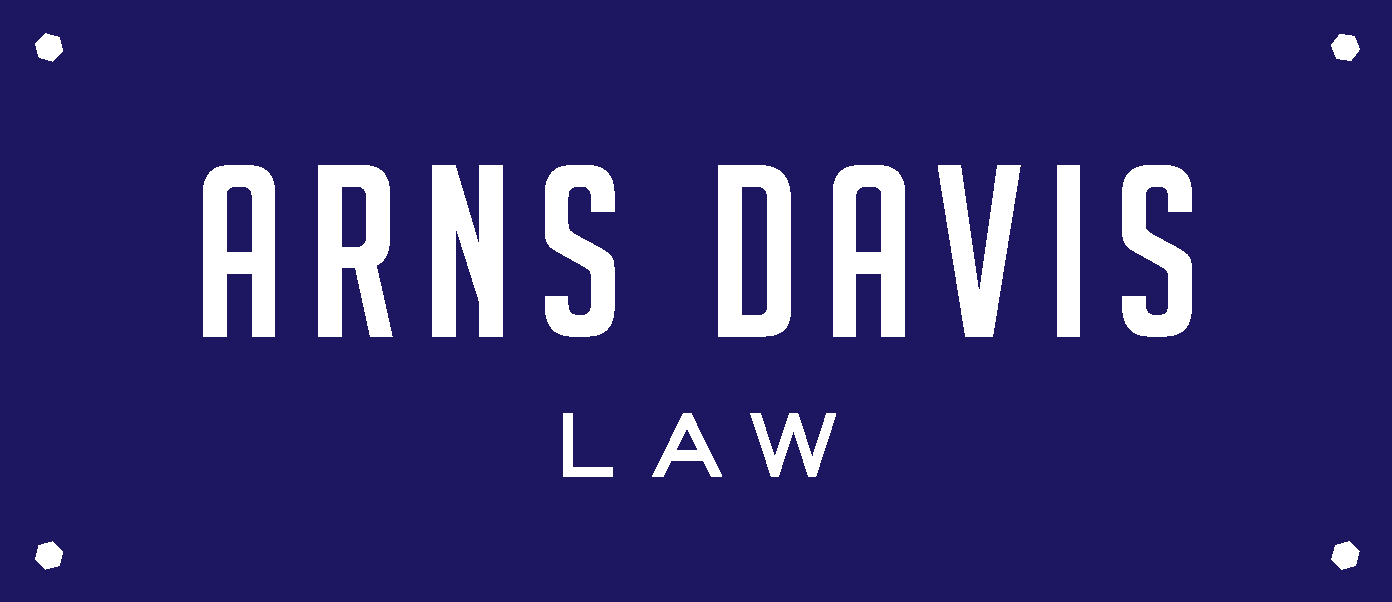Consumer Fraud
Consumer fraud occurs when businesses use deceptive, unfair, or fraudulent practices to sell products or services. California has some of the nation's strongest consumer protection laws, and our consumer fraud attorneys hold dishonest businesses accountable while recovering compensation for victims.
Types of consumer fraud we handle:
False advertising and deceptive marketing: Misleading product claims, bait-and-switch tactics, false "sale" prices, deceptive warranty promises, fake testimonials and reviews, undisclosed material information, and misleading product labeling.
Auto dealer fraud: Odometer tampering, salvage title concealment, "yo-yo" financing (spot delivery scams), undisclosed prior accidents or damage, charging for unauthorized services or products, forged signatures on contracts, and failure to honor advertised prices.
Financial services fraud: Predatory lending, hidden fees and charges, credit card fraud, mortgage fraud, debt collection violations, identity theft, unauthorized account charges, and failure to honor refund policies.
Home improvement fraud: Unlicensed contractor scams, failure to complete work, substandard workmanship, overcharging, unauthorized additional charges, failure to honor warranties, and lien scams.
Telecommunications and utilities fraud: Cramming (unauthorized charges), slamming (unauthorized service switching), false service promises, hidden fees, and billing for services not provided.
Service contract violations: Gym membership fraud, timeshare scams, home security contracts, subscription traps, and automatic renewal schemes without proper disclosure.
Data breach and privacy violations: Failure to protect consumer data, unauthorized sale of personal information, violations of California Consumer Privacy Act (CCPA), and inadequate data security resulting in breaches.
California's consumer protection laws: Multiple statutes protect California consumers, including the Consumers Legal Remedies Act (CLRA), Unfair Competition Law (UCL), False Advertising Law (FAL), Song-Beverly Consumer Warranty Act (Lemon Law), Automobile Sales Finance Act, and California Consumer Privacy Act (CCPA).
What makes California laws powerful: These statutes provide strong remedies including actual damages (money you lost), statutory damages (set amounts per violation even without proving actual loss), injunctive relief (court orders stopping illegal practices), punitive damages (punishment for egregious conduct), restitution and disgorgement of profits, and attorney's fees and costs (businesses pay your legal fees when you win).
Individual and class action cases: Consumer fraud often affects many people similarly. We handle both individual claims and class actions. When businesses engage in systematic fraud affecting numerous consumers, class actions efficiently resolve claims, maximize leverage against well-funded corporations, and promote industry-wide reform.
Common defenses businesses use—and how we counter them: Businesses claim "buyer beware," assert arbitration clauses, argue contracts waive rights, or claim oral promises don't matter. California law limits these defenses. Many arbitration clauses are unenforceable. Consumer protection laws cannot be waived by contract. And deceptive practices are illegal regardless of what contracts say.
Evidence in consumer fraud cases: We gather advertisements and marketing materials, contracts and disclosures, receipts and billing statements, communications (emails, texts, recorded calls), witness testimony, expert analysis, and evidence of similar complaints against the business.
The claims process: We evaluate your situation and identify violated laws, investigate the business's practices and patterns, calculate your damages and applicable penalties, send demand letters or file lawsuits, negotiate settlements or litigate in court, and pursue all available remedies.
Time limits matter: California's statute of limitations for consumer fraud varies by claim type—typically 1-4 years. Early action preserves evidence and strengthens claims. Don't delay if you've been defrauded.
You're not just fighting for yourself: Consumer fraud cases benefit all consumers. Holding businesses accountable deters future misconduct, protects other potential victims, and promotes honest business practices. Your case may prevent others from suffering similar harm.
No upfront costs—we work on contingency: Consumer fraud cases are handled on contingency. We advance all costs and collect fees only from recoveries. Many consumer protection statutes require businesses to pay your attorney's fees when you prevail, making it risk-free to pursue justice.
If you believe a business defrauded you through false advertising, hidden fees, unauthorized charges, defective products, breach of warranty, or other deceptive practices, you may have a valid consumer fraud claim.
Free consultation—we'll evaluate your case honestly. We'll review what happened, identify applicable laws, assess potential recovery, and explain your options clearly.
